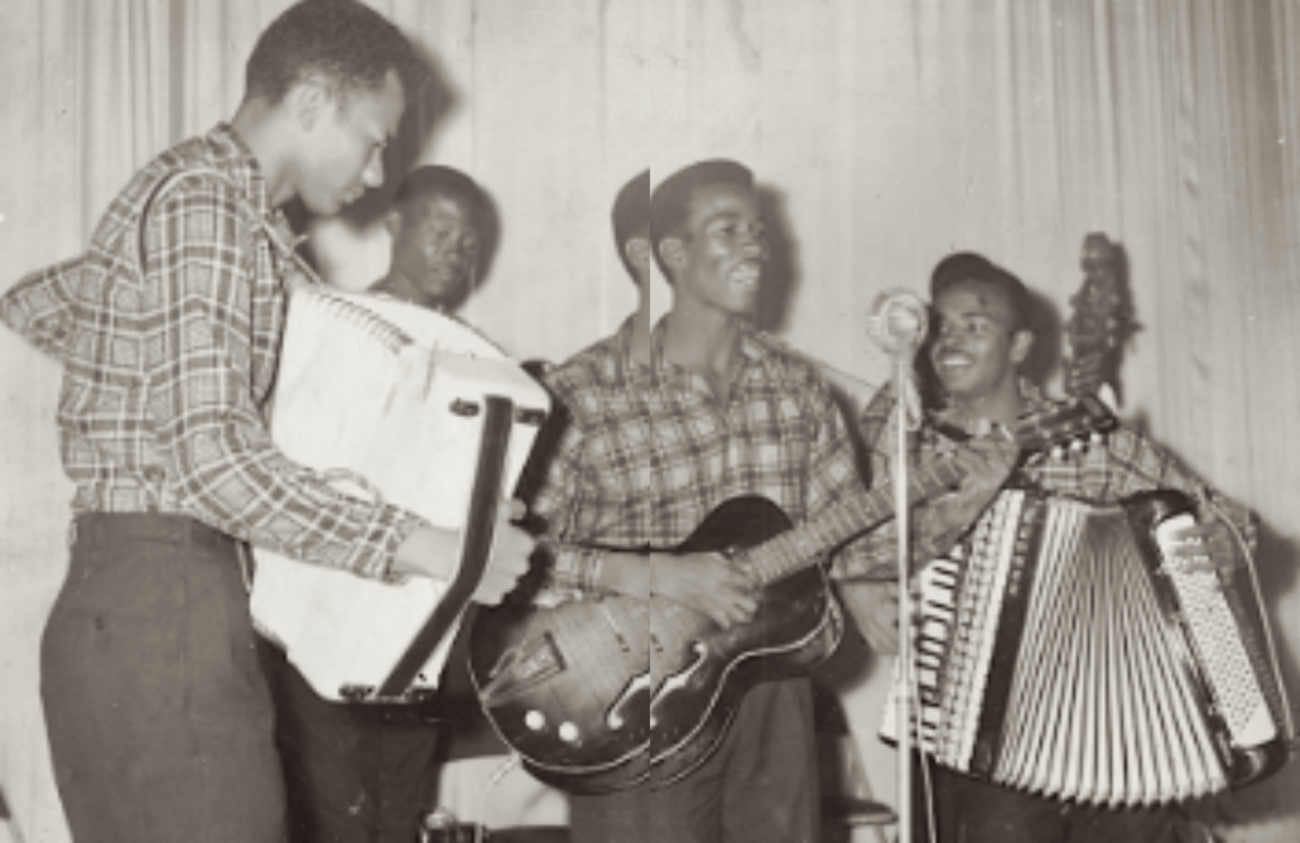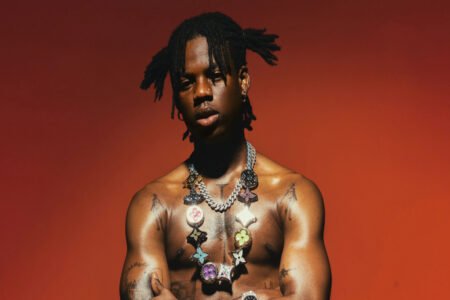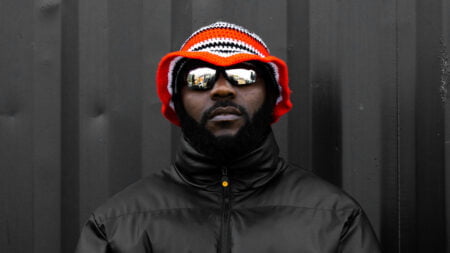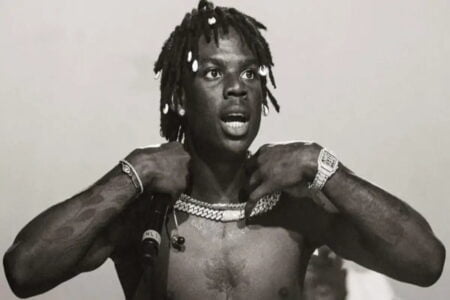Madeeh is an Islamic recitations which include admirations, glorifications and dances in honour of the Prophet Muhammad that greatly influenced the inception of Jazz music in Sudan.
The Republic of the Sudan, commonly referred as Sudan, is a nation in northeastern Africa. It shares borders with South Sudan to the south, the Red Sea to the west, the Central African Republic to the southwest, Chad to the west, Egypt to the north, Eritrea to the northeast, Ethiopia to the southeast, Libya to the northwest, and the Central African Republic to the north.
One of the oldest genres of modern music in Sudan, which includes Sudanese jazz, was known as haqeeba, which is loosely translated as “briefcase,” in the 1920s. The name is believed to have come from a program on Radio Omdurman hosted by Mohammad Ahmad Salih. Salih was a music collector and historian who performed acoustic music on the program Haqeebat Alfan (suitcase of art).
Poetry abounds in Haqeeba. A main singer performs with percussion provided by tambourine-like devices and tar drums that are played in the background, accompanied by a choir. At social events like weddings, the music was well-liked.
Although it has been incorporated into other foreign genres since performers started using western instruments in the 1940s, haqeeba is thought to be one of the most authentic musical genres in Sudan. Singers like Abdel Karim Karouma, Mohamed Wad al-Faki, and Mohammed Ahmed Saror substantially contributed to its popularity.
Despite the fact that Abdel Karim’s songs were entirely secular, the Islamic recitations known as madeeh—which include adorations, glorifications, and dances in honor of the Prophet Muhammad—had a significant influence on the music.
Members of the Sufi community in the Omdurman region continue to practice madeeh; they gather once a week to pray and dance and frequently enter a trance while doing so.
As aspects of “jazz in Sudan” started to be heard in Sudanese music starting in the 1940s, western instruments started to become more and more common. The Sudanese form of jazz was a fusion of blues, pop, surf, funk, rock & roll, Congolese music, and East African harmonies, which set it apart from American jazz traditions like bebop. Ismail Abdul Mu’ain, Hassan Attia, Ahmed al-Mustafa, and Ibrahim al-Kashif, widely known as “the Father of Modern Singing in Sudan,” are well-known performers from this time period.
The Gordon Music Hall in Khartoum became a mainstay for live concerts. It was a British-owned establishment with limited access. St James Music Hall rose to prominence as the city’s most significant music venue during the “Golden Age of Sudanese Music” in the 1960s and 1970s.
When Sudanese musicians began employing Western instruments, the public labelled the new sound as ‘jazz in Sudan’, although to western ears this categorisation may be seen as somewhat misguided. Nonetheless, this led to the formation of bands like Adwaa Bahri (Bahri Lights), Al Agarib (The Scorpions) and Al Ruhal (The Nomads)







